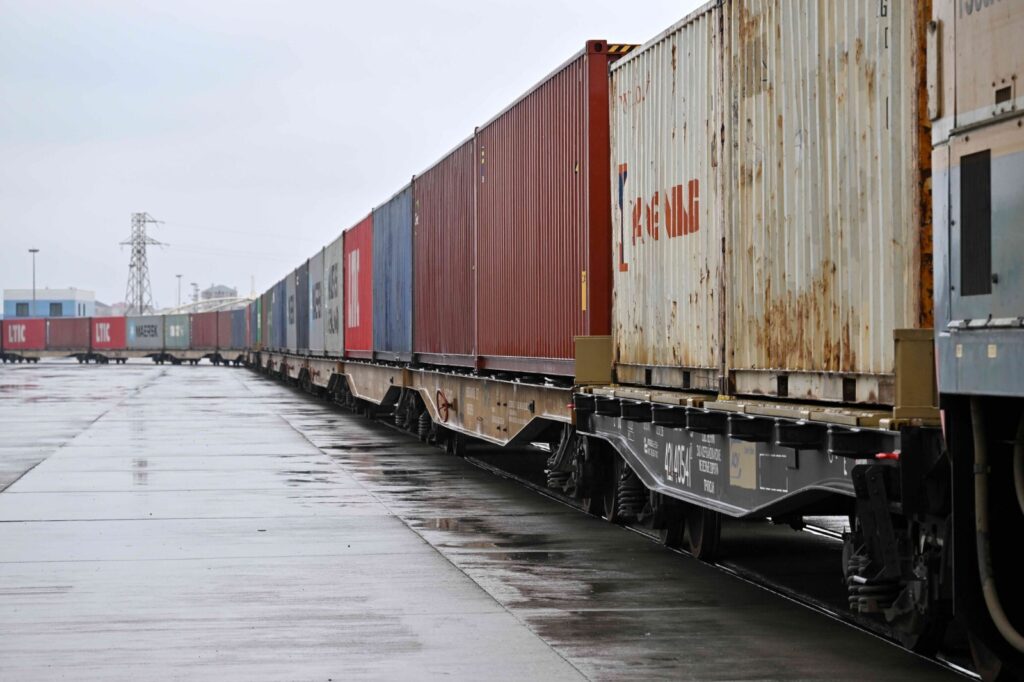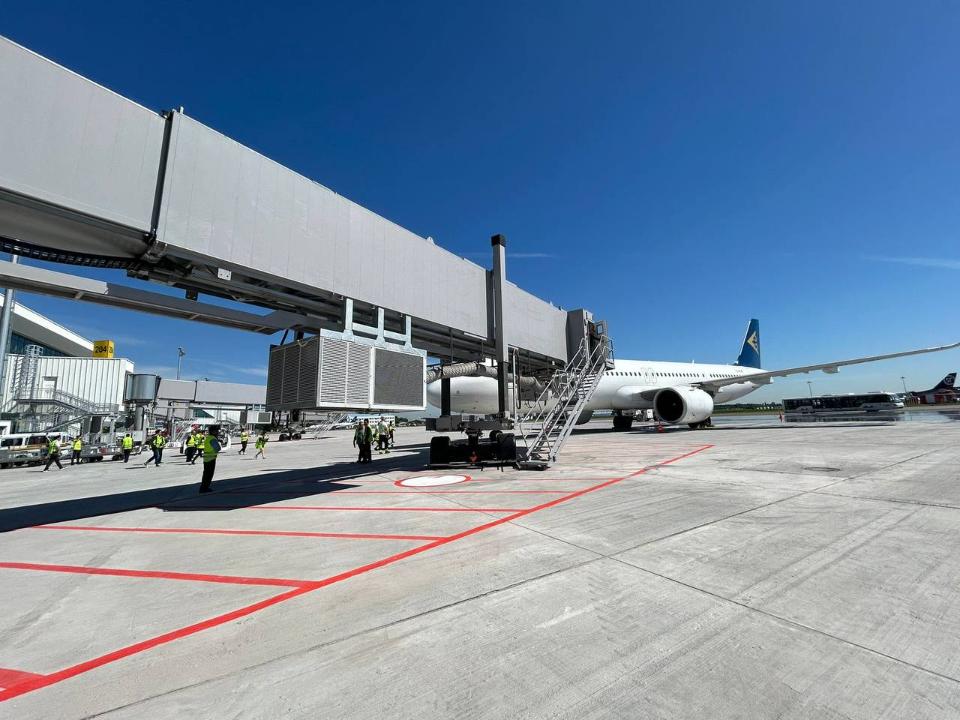EDB Annual Meeting and Business Forum to Focus on Eurasian Transport Network
The Eurasian Development Bank’s (EDB) Annual Meeting and Business Forum, to be held in Almaty, Kazakhstan on 27-28 June, is to focus on cross-border transport corridors in Eurasia. The EDB is a multilateral development bank serving Armenia, Belarus, Kazakhstan, Kyrgyzstan, Russia, and Tajikistan. According to the EDB press service, this year’s forum session, “The Eurasian Transport Network: Potential, Challenges and Solutions” will analyse a report on the development of cross-border transport corridors crucial to the region’s economies. The report highlights the significant constraints in economic development posed by the remoteness of Central Asian countries from global markets and their landlocked status. According to EDB estimates, trade costs in some Central Asian nations are 40% higher than those of coastal states. Overcoming the lack of transport connectivity is key to unlocking the strong economic potential of all Central Asian countries. The concept of the transport network is based on the premise that linking East–West and North–South transport corridors generates synergies, creating new routes, logistics opportunities and better through tariffs. The EDB projects that freight traffic along the three main corridors crossing Central Asia (Central Eurasian Corridor, TRACECA and North–South) could potentially increase by almost two-thirds to 1.7 million containers (TEU) by 2030. Implementing this objective will require concerted efforts from all participating countries.




